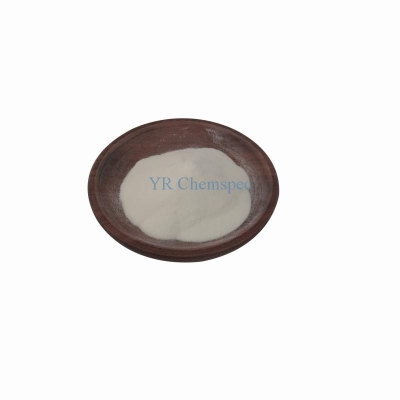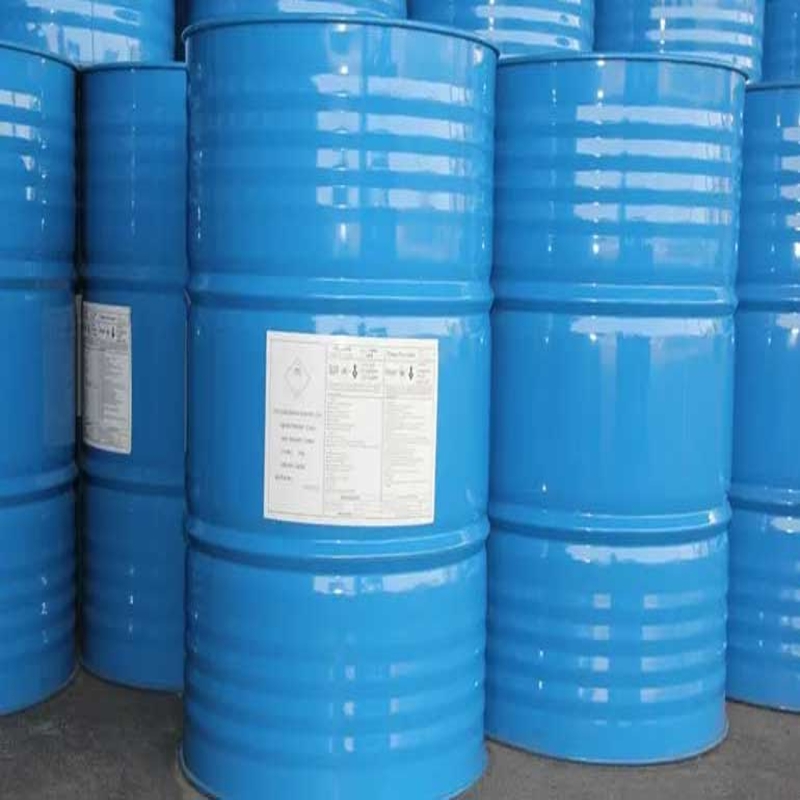-
Categories
-
Pharmaceutical Intermediates
-
Active Pharmaceutical Ingredients
-
Food Additives
- Industrial Coatings
- Agrochemicals
- Dyes and Pigments
- Surfactant
- Flavors and Fragrances
- Chemical Reagents
- Catalyst and Auxiliary
- Natural Products
- Inorganic Chemistry
-
Organic Chemistry
-
Biochemical Engineering
- Analytical Chemistry
-
Cosmetic Ingredient
- Water Treatment Chemical
-
Pharmaceutical Intermediates
Promotion
ECHEMI Mall
Wholesale
Weekly Price
Exhibition
News
-
Trade Service
Production of biodiesel from modified E.
coli
Researchers at the University of Exeter in the United Kingdom have announced that a biodiesel
has been successfully produced using genetically engineered E.
coli with the support of the Shell Thornton Technology Center.
According to the researchers, this diesel is almost the same as conventional diesel, but there are still many challenges
to achieving commercial production.
E.
coli converts sugar from plants into fat, and researchers use this property to make biodiesel
through synthetic biology techniques.
They isolated metabolic genes from a variety of bacteria, such as luminescent bacilli, which emit biological cold light, and then used them to engineer E.
coli.
E.
coli was engineered to convert sugar from plants into a hydrocarbon molecule that is structurally and chemically identical
to the hydrocarbon molecules found in 10 retail diesel fuels.
Study leader John Love, a professor at the University of Exeter, said the goal was to produce a biofuel that could be used without modifying the engine, and car manufacturers, consumers and petrol stations would not even notice the difference between it and conventional fuels, perhaps calling it "biofossil"
.
Although this diesel is almost the same as traditional diesel, and the engines on the market can be used without modification, it can only be produced in small quantities in the laboratory, and they will continue to study whether this biofuel manufacturing method can be used for commercial production
.
(Qian Bozhang)







